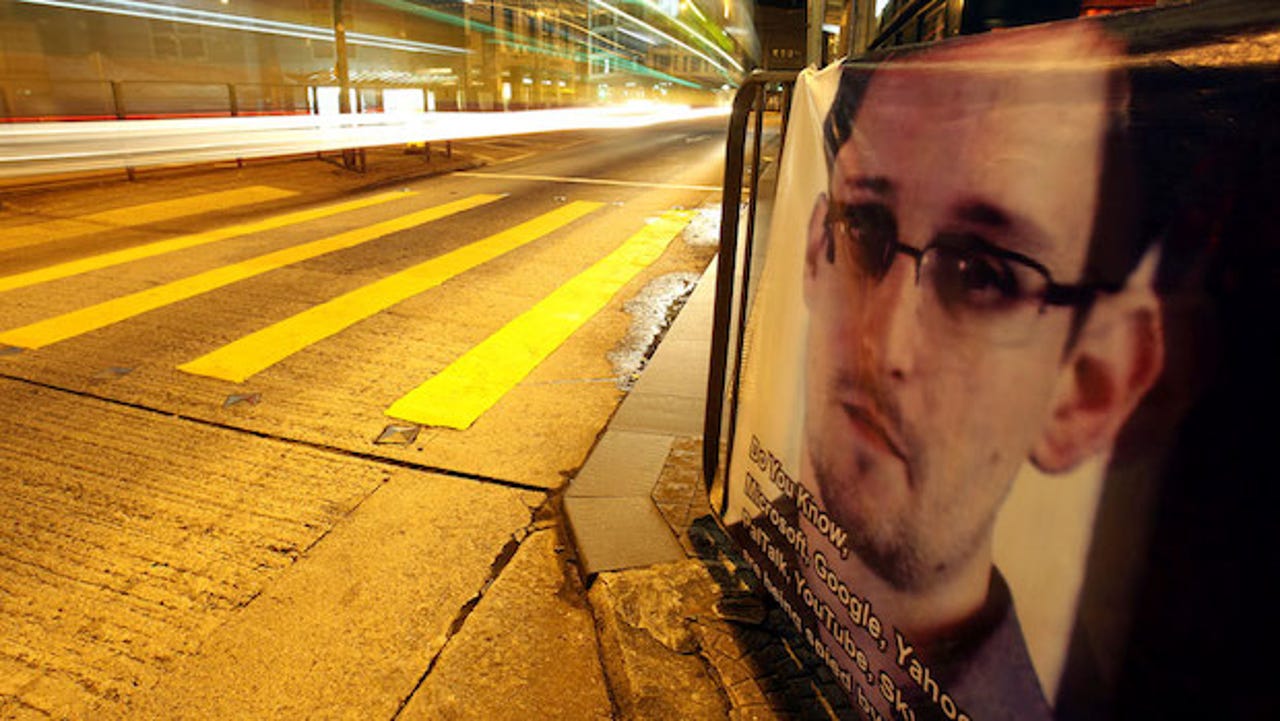'Not all spying is bad': Three key takeaways from Snowden's Q&A


Love him or hate him — "patriot" or "traitor" — there's almost no denying that whistleblower Edward Snowden's surveillance disclosures remains the biggest and longest-running political story of the decade.
On Thursday, in a live Q&A session he disclosed a little bit more — mostly on his reasoning, decision-making, and state of mind.
It comes just after a week after U.S. President Barack Obama promised reforms to the bulk metadata collection program and the secret surveillance authorization court as a result of Snowden's leaks. While an unprecedented move on behalf of the White House, the reforms were widely criticized by many, including privacy advocates, for not going for enough.
Hours before the Snowden Q&A, U.S. Attorney General Eric Holder ruled out clemency for Snowden, who has been charged under the Espionage Act. Holder did say, however, the government would "engage in conversation" in efforts to seek a negotiated plea with the fugitive.
Meanwhile, also on Thursday, one U.S. government watchdog called the National Security Agency's bulk metadata collection program "illegal," siding with an earlier court ruling, and further adding weight to the notion that the government's capabilities reach beyond the realm of reasonable.
But after comments made by Russian President Vladimir Putin on Snowden's apparently indefinite asylum status in the country, the U.S.' bid to see the whistleblower tried in court may be further away than ever.
Here are some of the key takeaways from the Snowden session:
1. Whistleblower protections are 'weak'
Snowden said early on in the questioning that U.S. whistleblower laws are "weak" and "ineffective," to the point that they "appear to be intended to discourage reporting of even the clearest wrongdoing."
"If I had revealed what I knew about these unconstitutional but classified programs to Congress, they could have charged me with a felony," he said. This is because intelligence community contractors, which Snowden was, are not afforded the same privileges under such laws as full-time employees, he claimed.
"I still made tremendous efforts to report these programs to co-workers, supervisors, and anyone with the proper clearance who would listen," he added.
Later in the Q&A, in a response to CNN's Jake Tapper, Snowden said his return to the U.S. was "not possible" in the face of current whistleblower laws.
2. 'Stealing passwords'
Snowden denied stealing passwords or tricking "an army of co-workers" in order to collect the estimated 200,000 classified documents from the NSA.
It was in response to a November article by Reuters that claimed in an "exclusive" report that Snowden "persuaded between 20 and 25 fellow workers at the NSA regional operations center in Hawaii to give him their logins and passwords by telling them they were needed for him to do his job as a computer systems administrator," according to sources speaking to the news agency.
3. 'Not all spying is bad'
Featured
The crux of the intelligence machine he disclosed is its size and breadth, and its apparent indiscriminate nature.
One federal judge, who recently called the NSA's bulk metadata program as likely unconstitutional, described the NSA's activities as "indiscriminate" — a point Snowden agreed with.
"The biggest problem we face right now is the new technique of indiscriminate mass surveillance," he said, "where governments are seizing billions and billions and billions of innocents' communication every single day."
Believing that a person should not have to feel as though every call, text message, or email that is sent is recorded somewhere, he said, adding: "This is a global problem, and America needs to take the lead in fixing it."